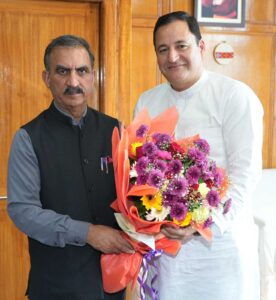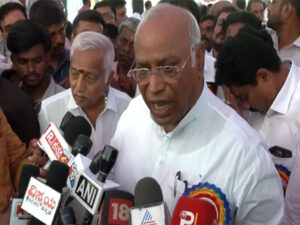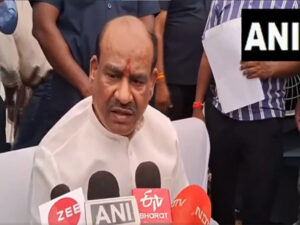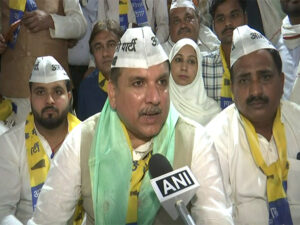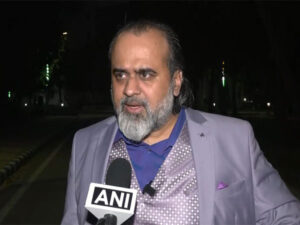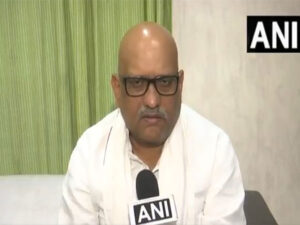One Nation, One Election bill secures cabinet approval, say sources
New Delhi [India], December 12 (ANI): The Union Cabinet on Thursday approved the ‘One Nation, One Election,’ bill in the parliament, marking a significant step towards the electoral process, sources told ANI.
A comprehensive bill is expected to follow this decision, paving the way for unified elections across the nation.
Earlier on Wednesday, former President of India Ram Nath Kovind stated that the Central government must build a consensus on the ‘One Nation, One Election’ initiative, emphasising that the issue transcends political interests and serves the nation as a whole.
Speaking to the media, Kovind, who chairs the committee on the issue, said, “The Central government will have to build consensus. This issue is not in the interest of any party but the nation. It (One Nation, One Election) will be a game-changer–it’s not my opinion but that of economists, who believe that after its implementation, the country’s GDP will rise by 1-1.5 per cent.”
Notably, in September this year, the Union Cabinet approved the ‘One Nation, One Election’ proposal, which aims to hold simultaneous Lok Sabha and Assembly elections, along with urban body and panchayat polls, within a span of 100 days.
The recommendations were outlined in a report by a high-level panel chaired by former President Kovind.
Following the Cabinet’s approval, Prime Minister Narendra Modi praised the decision, calling it a significant step towards enhancing India’s democracy.
“The Cabinet has accepted the recommendations of the High-Level Committee on Simultaneous Elections. I complement our former President, Shri Ram Nath Kovind Ji, for spearheading this effort and consulting a wide range of stakeholders. This is an important step towards making our democracy even more vibrant and participative,” PM Modi posted on X.
Meanwhile, Union Agriculture Minister Shivraj Singh Chouhan voiced his support on Wednesday for holding simultaneous elections to the state assemblies and the Lok Sabha, arguing that frequent elections lead to significant wastage of time and public funds.
Chouhan noted that frequent elections disrupt public welfare programmes and result in substantial expenditures of public money.
“I am an agriculture minister, but during the elections, I spent three months campaigning. It wastes the time of the Prime Minister, Chief Ministers, Ministers, MPs, MLAs, officers, and employees. All development work comes to a standstill. Then, new announcements have to be made,” Chouhan said.

